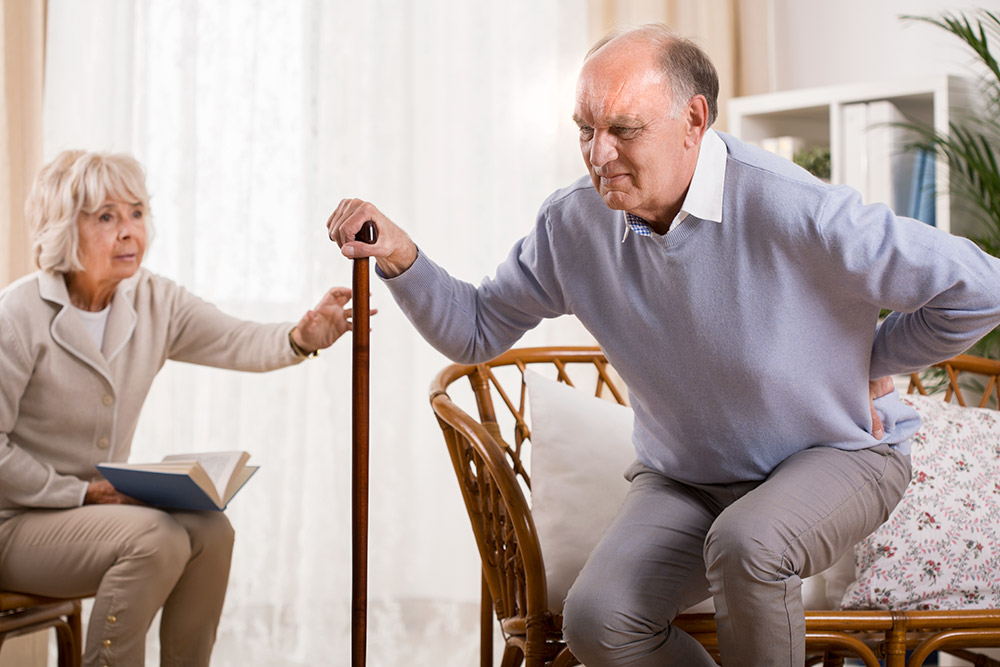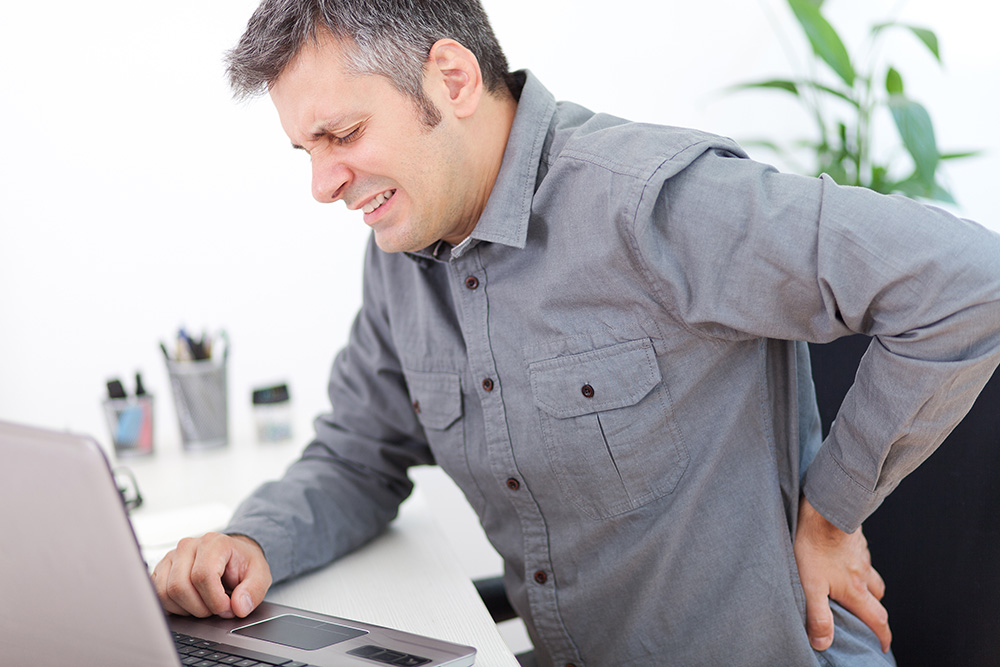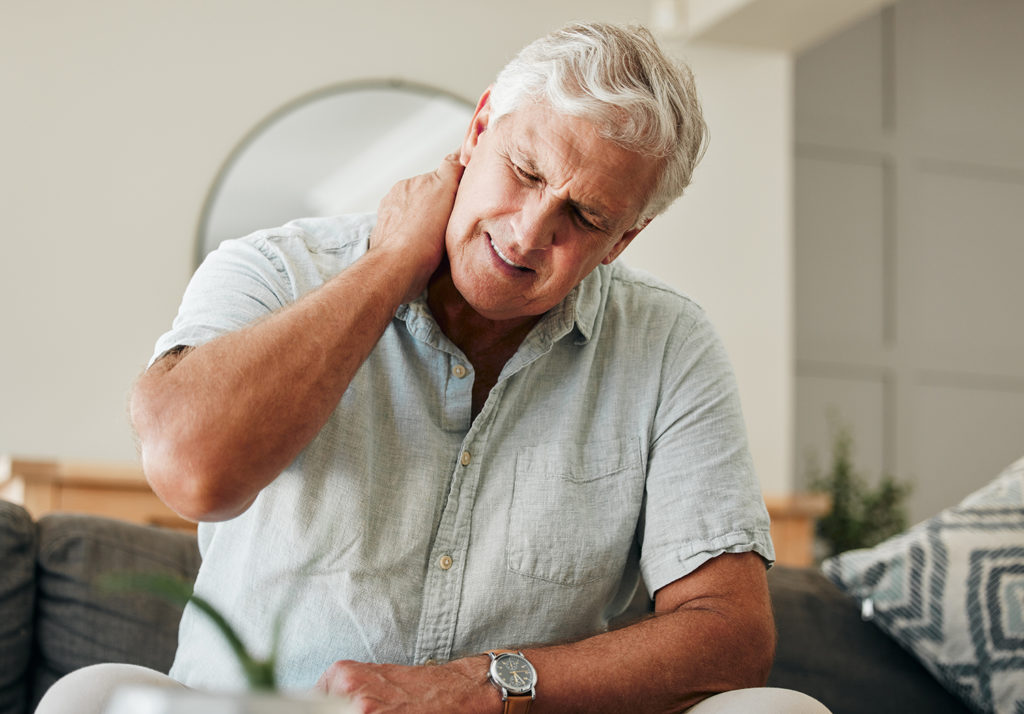Could acupuncture be used as part of a treatment protocol for anxiety?
Please note this information comes directly from the British Acupuncture Council.
Anxiety disorders include generalised anxiety disorder, panic disorder, phobias, obsessive compulsive disorder (OCD) and post traumatic stress disorder (NICE 2007; Clinical Evidence 2007). They can be chronic and cause considerable distress and disability; if left untreated, are costly to both the individual and society (NICE 2007). As well as emotional symptoms such as worry, disturbed sleep, irritability and poor concentration, anxiety can cause physical symptoms such as sweating, nausea, diarrhoea, dry mouth, palpitations, shortness of breath, dizziness, cold hands, muscle tension and aches, trembling and twitching (American Psychiatric Association, 2000; WHO 2007). Also, the symptoms of many physical conditions can become worse with stress, for example, irritable bowel syndrome, migraines and tension headaches, and back pain (Clinical Evidence 2007).
Treatments recognised as useful for anxiety disorders include psychological therapies such as cognitive behavioural therapy (CBT) and applied relaxation, and medication such as some antidepressants and benzodiazepines (NICE 2007). All the drug treatments have side effects, and many may cause withdrawal or discontinuation symptoms (British National Formulary 2009).
Although the overall evidence for acupuncture use in anxiety is patchy, it does lie promisingly in a positive direction, and, given the very low level of side effects and lack of demonstrably superior outcomes from other interventions, acupuncture could be considered as one possible therapeutic option alongside the existing repertoire.
In general, acupuncture is believed to stimulate the nervous system and cause the release of neurochemical messenger molecules. The resulting biochemical changes influence the body’s homeostatic mechanisms, thus promoting physical and emotional well-being.
How acupuncture may help anxiety
Research has shown that acupuncture treatment may specifically benefit anxiety disorders and symptoms of anxiety by:
- Acting on areas of the brain known to reduce sensitivity to pain and stress, as well as promoting relaxation and deactivating the ‘analytical’ brain, which is responsible for anxiety and worry (Hui 2010).
- Regulating levels of neurotransmitters (or their modulators) and hormones such as serotonin, noradrenaline, dopamine, GABA, neuropeptide Y and ACTH; hence altering the brain’s mood chemistry to help to combat negative affective states (Lee 2009; Samuels 2008; Zhou 2008; Yuan 2007).
- Stimulating production of endogenous opioids that affect the autonomic nervous system (Arranz 2007). Stress activates the sympathetic nervous system, while acupuncture can activate the opposing parasympathetic nervous system, which initiates the relaxation response.
- Reversing pathological changes in levels of inflammatory cytokines that are associated with anxiety (Arranz 2007)
- Reversing stress-induced changes in behaviour and biochemistry (Kim 2009).
Acupuncture can be safely combined with conventional treatments such as medication or psycho-educational therapy, possibly enhancing their beneficial effects (Courbasson 2007) and reducing unwanted side-effects (Yuan 2007).
Acupuncture treatments in Worthing to potential help stress and anxiety
At Broadwater Osteopaths in Worthing acupuncturist Caroline Crowther has a specialist interest in the treatment and management of stress and anxiety and enjoys working to assist patients with mental health concerns. Treatment is often combined with medical approaches and lifestyle changes that can help patients.
For more information about your specific needs, speak to acupuncturist Caroline Crowther, on 01903 820206






